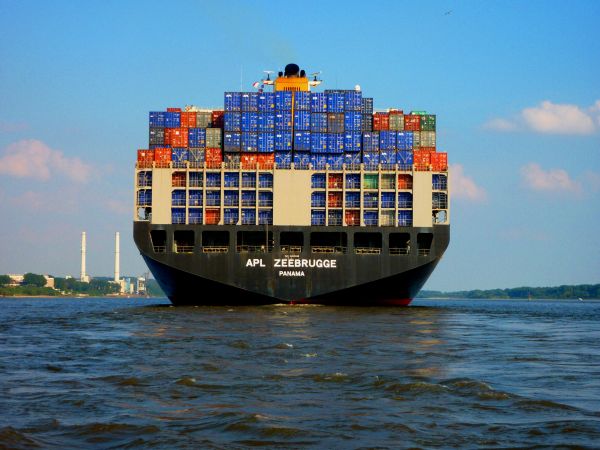Shipping Filters from Guangzhou/Shenzhen to Lazaro Cardenas Port, Mexico: Full Container Load (FCL) & Less-than-Container Load (LCL) Options
1. Shipping Routes: Guangzhou/Shenzhen to Lazaro Cardenas Port, Mexico
The journey from China to Mexico typically involves a transit through the Pacific Ocean, with an approximate sea voyage duration of 24 days for both Full Container Load (FCL) and Less-than-Container Load (LCL) shipments. Both FCL and LCL are popular options, depending on the size of the shipment and the specific needs of the importer.
FCL (Full Container Load): If you are shipping a large quantity of filters that fill up a full container, FCL is a suitable choice. This option means that the entire container is dedicated to your goods, ensuring faster handling at the port and reduced risk of damage.
- 20FT FCL: Suitable for smaller shipments, typically for smaller volumes of filters that fill up less than the 40FT container but still require a dedicated space.
- 40FT FCL: Ideal for larger quantities, allowing you to consolidate a bigger load and potentially save on shipping costs.
LCL (Less-than-Container Load): If your shipment does not fill up an entire container, LCL shipping is a more cost-effective choice. This service consolidates multiple smaller shipments from different shippers into one container. Though it takes slightly longer due to the additional handling and loading processes, it is ideal for smaller businesses or individuals with lower quantities of goods.

2. Shipping Terms: CIF (Cost, Insurance, Freight)
The shipping terms for both FCL and LCL can be arranged on a CIF (Cost, Insurance, and Freight) basis. Under this agreement, the seller in China (Guangzhou/Shenzhen) will take responsibility for the cost of goods, shipping, and insurance up to Lazaro Cardenas Port. This means that once the goods arrive at the Mexican port, the buyer is responsible for clearing customs and arranging final delivery to the destination.
3. Sea Transit Time and Port Procedures
Once the goods leave the ports of Guangzhou or Shenzhen, they will be on their way to Lazaro Cardenas Port in Mexico, with a typical sea voyage duration of 24 days. After arrival, the goods must go through customs clearance, which can take additional time depending on the cargo’s classification and paperwork accuracy.
For FCL shipments, since the entire container is dedicated to a single shipper, the unloading and customs clearance process is quicker, making it the preferred option for larger, more urgent shipments. On the other hand, LCL shipments involve extra time for unloading, sorting, and consolidation at the Mexican port before the cargo is cleared for final delivery.

4. Packaging of Filters for Sea Freight
Proper packaging is crucial to ensure that filters and other delicate items arrive safely at their destination. Here are some key packaging tips for shipping filters:
Use Strong, Durable Boxes: Filters should be packed in sturdy, double-walled corrugated boxes to protect them from potential damage during the journey. The boxes should be sealed securely to prevent any leakage or contamination.
Padding and Cushioning: Inside the boxes, filters should be cushioned with protective materials such as bubble wrap, foam peanuts, or air cushions to absorb shocks and vibrations during transit. This helps to ensure that the products remain intact even if the container experiences rough handling.
Labeling and Documentation: Each box or pallet should have clear labels indicating the contents, handling instructions (e.g., “Fragile,” “This Side Up”), and the appropriate shipping documentation (e.g., invoices, packing lists, customs declarations).
Palletizing for LCL Shipments: For LCL shipments, filters are often palletized to ensure efficient loading and unloading at the port. The pallets should be securely wrapped with stretch film or other binding materials to prevent any movement during transit.
Environmental Protection: As the filters may be sensitive to moisture, it is advisable to use moisture-proof packaging such as plastic wraps or silica gel packs to protect the goods from humidity or water damage during the sea journey.



